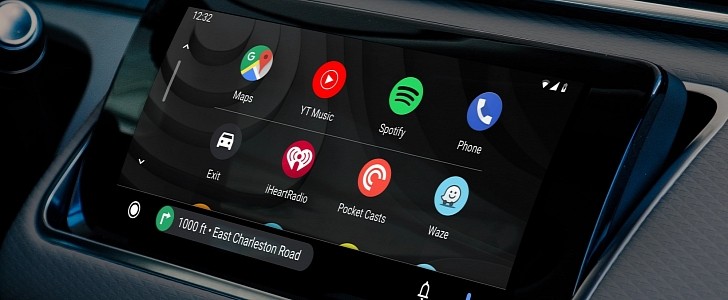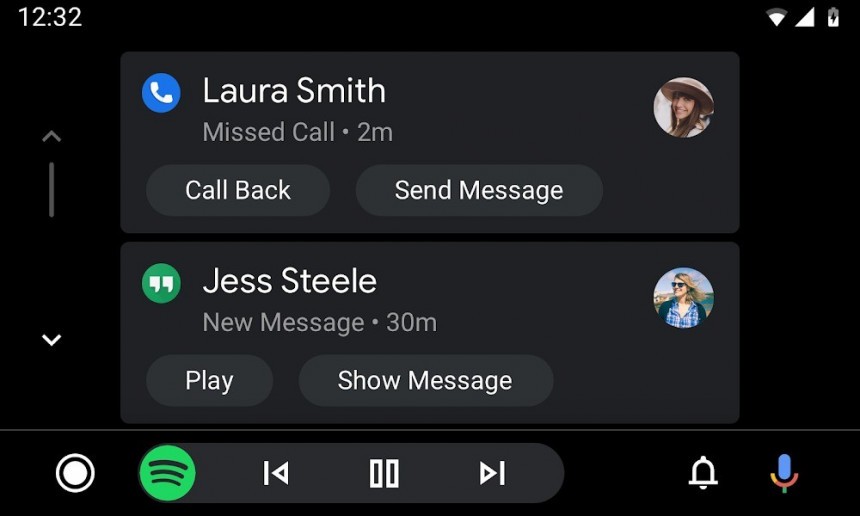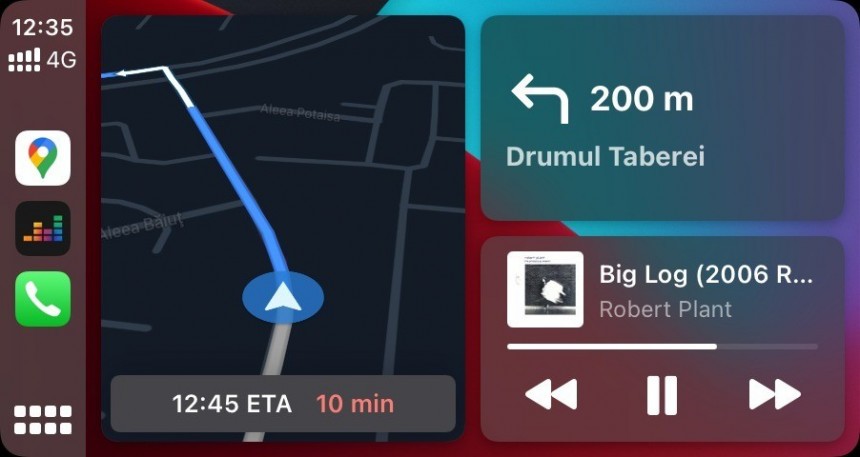While Google is working around the clock on bringing Android Automotive to more cars and Apple is also developing its very own alternative, the adoption of Android Auto and CarPlay just keeps growing and growing, and unsurprisingly, it happens for a very good reason.
Everybody has a phone in their pocket, be it an Android device or an iPhone, and installing Android Auto and CarPlay support in a car is fairly cheap, so automakers have no reason to ignore this growing demand for advanced infotainment capabilities in their models.
But in the last few months, there’s a trend that isn’t necessarily good news for some: the world is migrating to a wireless future, and CarPlay and Android Auto seem to be part of the whole thing.
Google praised the wireless version of Android Auto a few months ago, revealing that it was already installed in over 100 million cars out there, all without considering aftermarket upgrades performed by users on vehicles not supporting such systems from the factory.
And right now, there are plenty of head units out there allowing for wireless Android Auto, and in some cases, they don’t cost more than a few hundred dollars without taking into account the installation costs.
Google bragging about the adoption of Android Auto wireless isn’t necessarily surprising, as the company itself is making big efforts to get this system to as many people as possible. The release of Android 11, for example, unlocked the wireless mode of Android Auto for all phones out there, as long as they come with 5 GHz Wi-Fi support. Previously, only select Samsung and Google Pixel models were supported.
So it’s pretty clear Google is betting big on the wireless version of Android Auto, both right now and in the long term, with cables slowly but surely losing ground in this ecosystem. Especially since devices like AAWireless are so successful, that is.
Pretty much the same thing is happening in the Apple world too.
While the adoption of CarPlay is on the rise, the wireless mode is very often favored over the cable version, though this time, there are no actual figures because, you know, it’s Apple we’re talking about here and the Cupertino-based tech giant sticks with its FBI-like secrecy for pretty much everything.
But it’s not hard to figure out that the future of CarPlay is wireless too. Just earlier this week, Infiniti announced wireless CarPlay as a free upgrade for several 2020 models, therefore allowing owners to run the app without the need for a cable.
Apple is remaining tight-lipped on its long-term CarPlay plans, but on the other hand, it’s believed the company is even planning a portless iPhone that would ditch the Lightning connector. For CarPlay users, this means the wired version would be pretty much gone.
The good thing that comes after this en-masse transition to wireless is the demise of the often-buggy wired connection. It’s not a secret that cables have often turned into one big headache not only for Android Auto users but for those running CarPlay too, all because they ended up causing things like random disconnects, pairing problems, and even rendering issues in some apps.
And choosing the right cable to run Android Auto and CarPlay in a vehicle isn’t easy either. Android Auto users need to pick a high-quality and high-speed cord that works with their phones, and most people go for Anker cables; though not even these are a guarantee, they would be provided with a smooth experience behind the wheel.
CarPlay adopters typically stick with the original Apple cable that (still) ships in the box, but unsurprisingly, some of them are struggling with random disconnects, and nobody knows if the culprit is the cable itself or some sort of update released by the Cupertino-based company recently.
But at the end of the day, it just looks like the days of wired Android Auto and CarPlay are already numbered. It’d certainly take many years until the migration to wireless is complete, but right now, both Google and Apple are planning to make cables a thing of the past, and automakers out there seem to be all-in on this.
But in the last few months, there’s a trend that isn’t necessarily good news for some: the world is migrating to a wireless future, and CarPlay and Android Auto seem to be part of the whole thing.
Google praised the wireless version of Android Auto a few months ago, revealing that it was already installed in over 100 million cars out there, all without considering aftermarket upgrades performed by users on vehicles not supporting such systems from the factory.
And right now, there are plenty of head units out there allowing for wireless Android Auto, and in some cases, they don’t cost more than a few hundred dollars without taking into account the installation costs.
So it’s pretty clear Google is betting big on the wireless version of Android Auto, both right now and in the long term, with cables slowly but surely losing ground in this ecosystem. Especially since devices like AAWireless are so successful, that is.
Pretty much the same thing is happening in the Apple world too.
While the adoption of CarPlay is on the rise, the wireless mode is very often favored over the cable version, though this time, there are no actual figures because, you know, it’s Apple we’re talking about here and the Cupertino-based tech giant sticks with its FBI-like secrecy for pretty much everything.
But it’s not hard to figure out that the future of CarPlay is wireless too. Just earlier this week, Infiniti announced wireless CarPlay as a free upgrade for several 2020 models, therefore allowing owners to run the app without the need for a cable.
The good thing that comes after this en-masse transition to wireless is the demise of the often-buggy wired connection. It’s not a secret that cables have often turned into one big headache not only for Android Auto users but for those running CarPlay too, all because they ended up causing things like random disconnects, pairing problems, and even rendering issues in some apps.
And choosing the right cable to run Android Auto and CarPlay in a vehicle isn’t easy either. Android Auto users need to pick a high-quality and high-speed cord that works with their phones, and most people go for Anker cables; though not even these are a guarantee, they would be provided with a smooth experience behind the wheel.
CarPlay adopters typically stick with the original Apple cable that (still) ships in the box, but unsurprisingly, some of them are struggling with random disconnects, and nobody knows if the culprit is the cable itself or some sort of update released by the Cupertino-based company recently.
But at the end of the day, it just looks like the days of wired Android Auto and CarPlay are already numbered. It’d certainly take many years until the migration to wireless is complete, but right now, both Google and Apple are planning to make cables a thing of the past, and automakers out there seem to be all-in on this.













